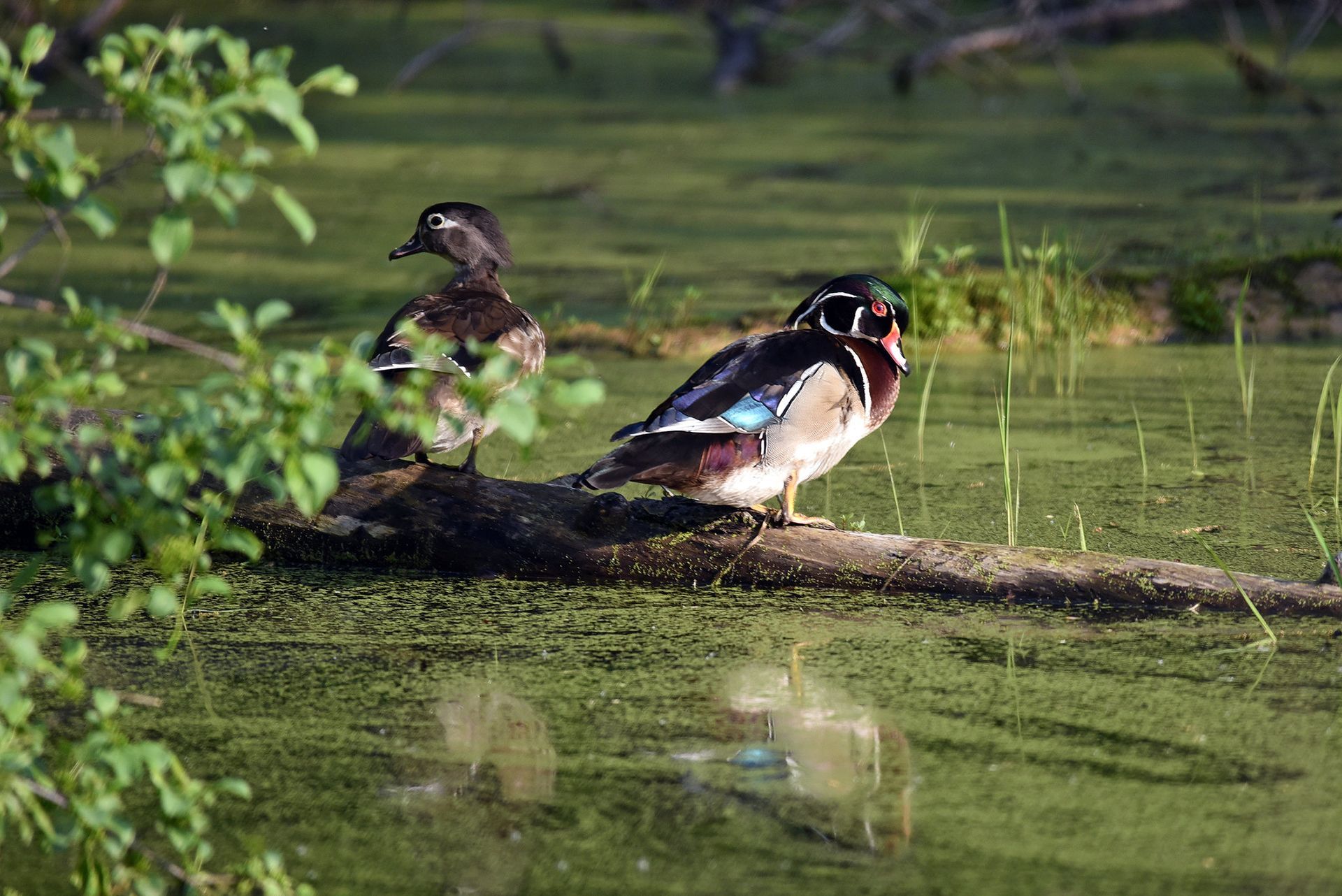December NRC Preview
The updated wolf plan is expected to be signed at next week’s Natural Resources Commission meeting .
The plan , presented to the commission at the November NRC meeting , provides a non-operational management plan for gray wolves in Michigan. Director Dan Eichinger is expected to sign the plan.
Michigan United Conservation Clubs (MUCC) Executive Director Amy Trotter said that MUCC’s policy remains in support of state management of wolves, including the use of hunting and trapping as a management tool.
“The term recreational hunting has been tarnished by those seeking to undermine the value of wolf management,” Trotter said. “Wolves have fully recovered and that should be considered a conservation success story. MUCC has long supported sustainable management of wolves through hunting and trapping just like any other species.”
The meeting will be held on Thursday, Dec. 8 at Lansing Community College West Campus Rooms 119-121 beginning at 9:30 am.
The 2022 Elk Management Plan is also up for director action at December’s meeting.
Fisheries Order 210.23 and the Cozad amendment were tabled for a second time at the November meeting, and are both up for action next week.
Under new business for commissioners are Fisheries Order 216.23 and Wildlife Conservation Order #1 of 2023 .
Fisheries Order 216.23 adds certain regulations to the export of minnows, wigglers, and crayfish from Michigan waters to comply with Part 487 of P.A. 451 of 1994, as amended via Public Act 30 of 2022. The order also amends reporting deadlines and requirements for a new online reporting system.
Wildlife Conservation Order #1 of 2023 sets more stringent requirements for an individual to obtain a wildlife rehabilitation license, including time training under a licensed rehabilitator or veterinarian.
Under new business for the director are the oil and gas lease auction results from October and an order relating to Prarie River , reclassifying it from a warm water stream to a cold-transitional stream.
There are eight land transactions up for action. MUCC reviews any transaction exceeding 80 acres, of which there are two.
Land Transaction Case #20210129 is an acquisition of 158.67 acres in Livingston County, the property borders state land on the south and has access to the Silver Lake shoreline.
Land Transaction Case #20220140 is an exchange of 40 privately owned acres, surrounded on four sides by existing state land, for 80 state-owned acres previously designated as surplus lands and isolated from other state lands.
MUCC will be streaming the meeting on our Facebook page as technology allows.
To ensure our natural resources remain protected and managed thoughtfully in perpetuity, join Michigan United Conservation Clubs today: http://bit.ly/JoinMUCC .
The post December NRC Preview appeared first on Michigan United Conservation Clubs.
Recent Posts



